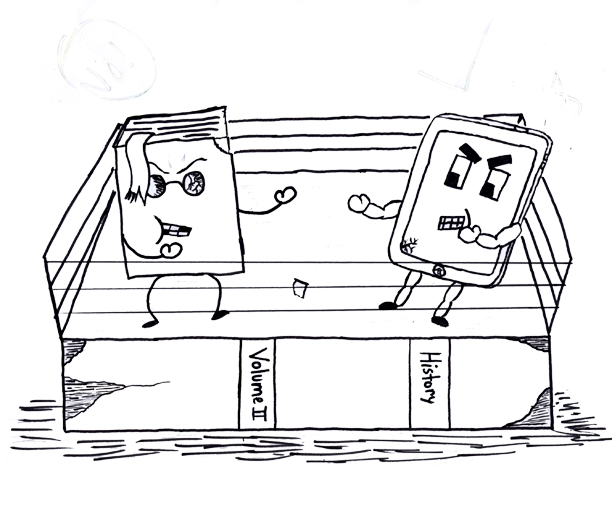
Whether you are a teacher or a future teacher, I advice you to watch The Ron Clark Story movie because it relates to all of us. The movie is very inspiring because it reflects the true characteristics of a sincere teacher that dedicates his life for his students and their success. Here is a summary for the movie, hope you watch it and enjoy it as much as I did!
The movie talks about an English
teacher moves from his country, North Carolina, to New York City looking for
his new dream job. After being honored in his country for his dedication, hard
work and efforts, Mr. Clark decides to move on and teach the hardest class of
Harlem School. Before starting his new
teaching job, Mr. Clark decides to meet some of the students and their families
to have a closer look at the class he’s going to teach. His visits weren’t as
he expected, however, he insisted on working with that hard class. When he
entered the class, he was aware of the misbehaviors they’ll cause so he
insisted on building the “one family” atmosphere among the class. He was told
that this class was disruptive and that it is the worst class in the school and
always has the worst scores but he didn’t mind. The students in his class were
not living normally, one child, for example, was in foster care and got abused
by his parent, and another child was the de-facto mom of her siblings because
her mother works two jobs.
Through his energetic
usage of phenomenal fundamentals for his classroom, extraordinarily creative
preparing methods and undying devotion to his students and helping them adjust
to their issues; Clark can have an astounding impact in the lives of his
students. Mr. Clark tried to embed new useful techniques and captivating
methods while working with his students; Not only he put rules for his class,
but also, he convinced the students to follow the rules by various ways such as
locking the door to oblige them to line up before going to lunch and so
on.
Although Mr.
Clark faced lots of difficulties in letting students respect each other as well
as him and other people in the school, because they were bullying other kids,
gambling, and betting on when he will be quitting as many as other teachers, he
didn’t give up. To grab their attention, he started by drinking a milkshake in
front of them but to do so he bet them to stay silent and listen to him.
Moreover, he came up with a rap song for the students to memorize that included
the names of the US presidents in order; the students loved the song and
started singing immediately after they heard it.
Even when he
got sick and left the school for a few days, he insisted on videotaping the
lessons and working with them as well. When he came back, he found that
students’ progress was a little bit down, but Mrs. Clark continued with them
the same way he started so they were able to get the highest scores in the
final examination. He was very proud of each and every individual so rewarded
them and they, in turn, did the same by making him their best teacher.
If we took a
deeper look at the incidents of this story, we can notice that it is an inspiring tale of an
energetic, creative and idealistic young teacher that each and every one of us,
as teachers, parents or even individuals, should reconsider Mr. Clark’s
character, techniques and determination. The movie relates to the philosophies of
education to a big extent where it reflects most of the aims of education in
most of the philosophies as well as imaging the teacher’s role in it’s best
compared to the philosophies.
















